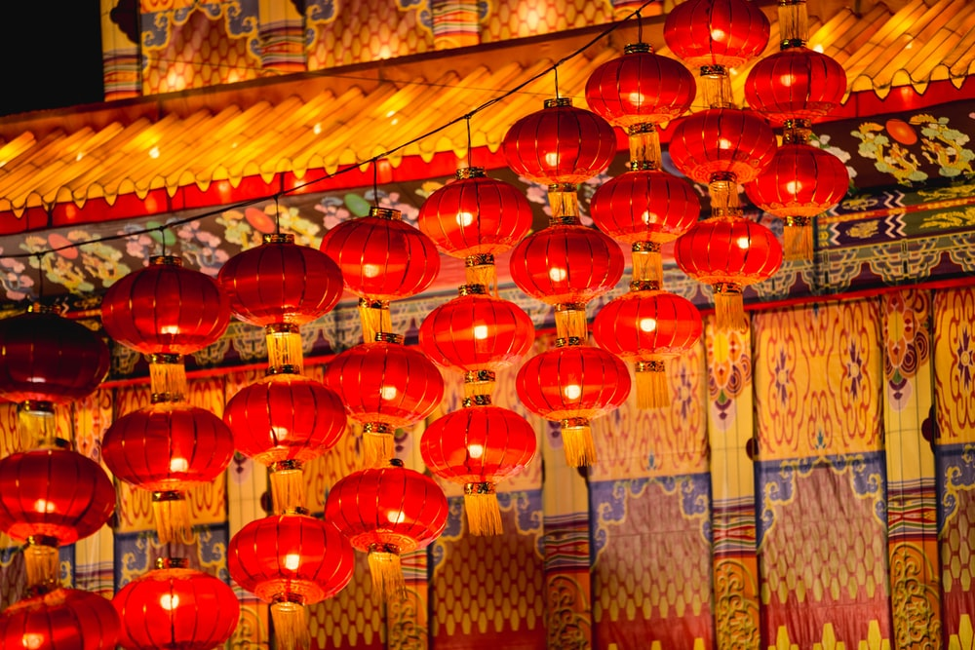The spring cleaning is complete and red packets handed out. Several more of our intercultural trainers shared with us the way in which they prepare for and celebrate the Lunar New Year now that it is here! In our final blog post of our 2020 Lunar New Year series, read about the traditions of some of our beloved CAI senior facilitators.
PREPARATION
Question: “How do you prepare for the Lunar New Year?”
Monique (Beijing, China): We have a traditional Chinese New Year celebration, we clean the house, buy new clothes, pay our debts and decorate the house with papercuts and paintings for the coming year of the rat.
Jeffrey (Shanghai, China): There are a number of traditions we have kept in my family. Like most Chinese, we are ancestor worshippers. It is believed that the spirits of our ancestors will visit us during this holiday and stay with us for three days. To show respect, we will prepare a few dishes with candies or fruits and display on the main table in the living room. From the New Year’s Eve, we will light incense and pray to our ancestors, wishing them happy living in heaven and thank them for taking good care the family in this world. This is done before each meal during the holiday.
Another tradition is the New Year’s Eve dinner. We usually prepare six, eight, or ten dishes depending the number of people celebrating together. The number six symbolizes the wish for smoothness and easiness. The number eight represents good fortune and the number ten means many things. Among the dishes, there will be fish. Fish in Chinese is pronounced Yu, which is similar to the sound of surplus, meaning that we will be able to save some money in the coming year. Also, there will be dish of bean curd, which is pronounced Dou Fu, similar sound of Happiness. By eating Dou Fu, we hope that we will have plenty of happiness in the new year. Like most people in the country, we will eat the dinner quite late in the evening, while watching the New Year’s Gala on CCTV.
Tony (Hong Kong): People would usually prepare the lunar new year through cleaning their houses, decorating their places with flowers & lucky messages written on long red-background banner papers called Fai Chun. People will also prepare brand new dollar bills for inserting to the red packets, which traditionally are to be given away to kids or younger generations. Preparing and gathering the entire family for the Chinese New Year Evening dinner is also a very important step welcoming a new year.
On the New Year’s Day, younger generations would go and visit their parents and important relatives with gifts to show respect. Close friends would get together during the Chinese New Year’s holiday on the second day & onward for catching up.
TRADITIONS
Question: “What traditions do you embrace this time of year?”
Monique (Beijing, China): On the day itself, we make dumplings together. In one of the dumplings we put a coin and the person who finds that one is extra lucky the coming year. In the evening we watch the Chinese New Year show on national television. Unfortunately, it is not allowed to put fireworks in Beijing at the moment.
After the first day we visit one or more of the Temple fairs, close to our house it the largest temple fair of Beijing, in the Ditan Park, but we also like to go to other temple fairs for instance in the White Cloud temple. A temple fair is a combination of market, performances and rituals.
Jeffrey (Shanghai, China): The Lunar New Year is the most important holiday for the Chinese. As a group-oriented people, most people will go back to their hometown and celebrate the New Year with their families, particularly if their parents are still living in their hometowns. As good filial sons, you are expected to go back home and celebrate the holiday with your parents. We have done this for all the years, but this year we decide to celebrate the New Year in Shanghai to avoid the crowds on the way. Also, we had visited our relatives several times in the past year.
For sure the Chinese New Year traditions have changed and been impacted by technologies. For instance, this year we decide not to put new couplets on our doors as we now live in Shanghai and the local people here do not have that tradition. Also, we will distribute the hongbao via WeChat, instead of giving out physical red envelopes with brand new bills. Finally, most of the shopping for the holiday will be done online—no more need to spend days visiting the supermarkets or local markets. This helps save a lot of time but is less interesting.
Tony (Hong Kong): I celebrate Lunar New Year through preparing red packets, putting up a few “Fai Chuns”, and decorating the house with flowers. My immediate family and I would join our parents for the New Year’s Eve dinner. We then go and visit my parents and the in-laws on the New Year’s Day. Some friends will come over for catch up visits.
Happy Lunar New Year, and we wish everyone a year full of surplus and wealth!



